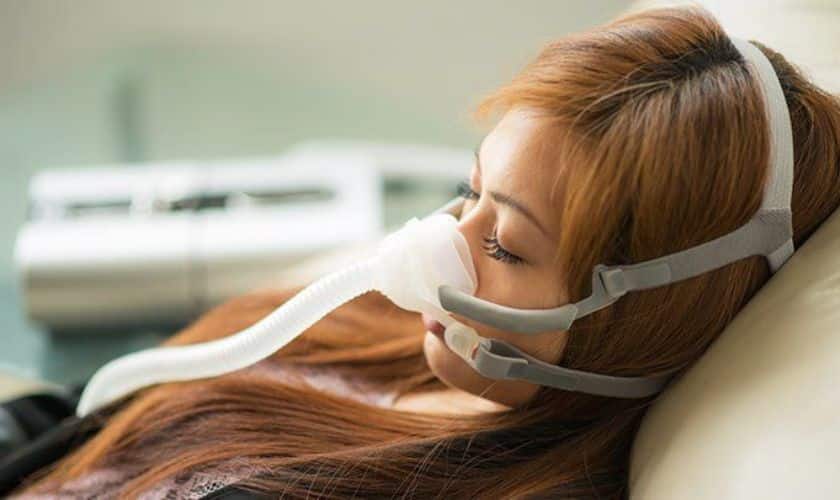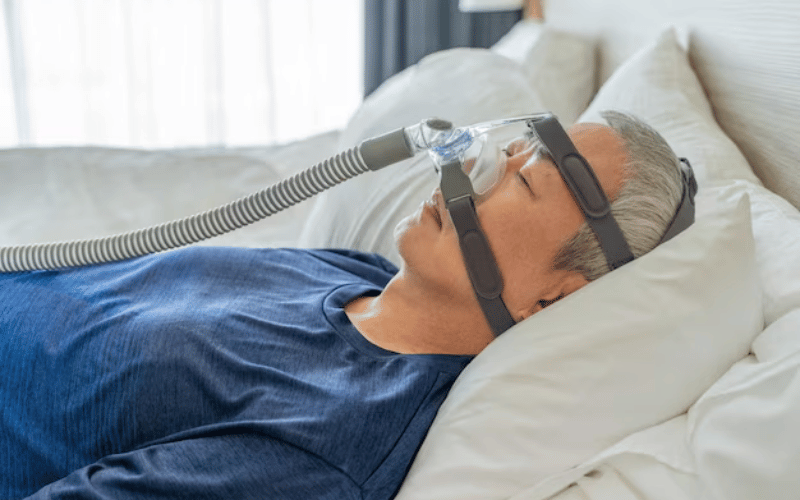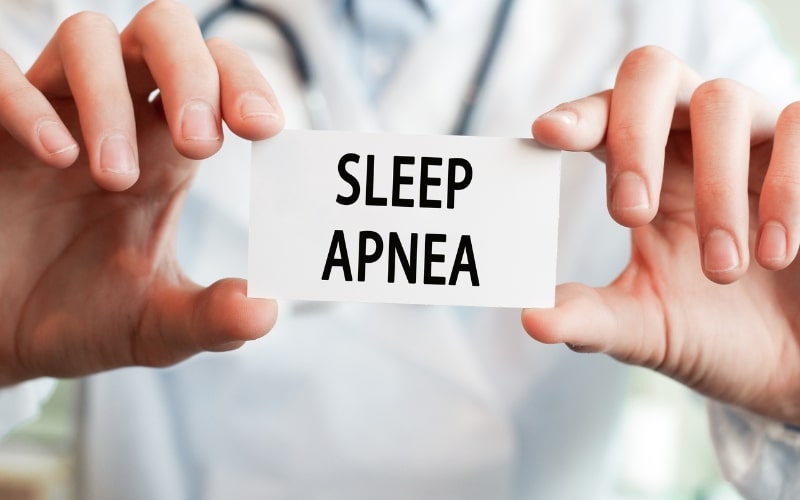


Sleep apnea is a sleep disorder that affects millions of people in the United States. Left untreated, it can cause disrupted sleep, fatigue, and serious health problems. If you think you may have sleep apnea, you must talk to your doctor about it. This article will discuss four key questions to ask your doctor if you suspect you have sleep apnea.
If you are concerned that you may be suffering from sleep apnea, it is important to seek medical advice from a qualified healthcare provider who can assess your symptoms and provide an accurate diagnosis. Before visiting the doctor’s office, it is helpful to list any sleep-related signs or symptoms that are concerning you and prepare any questions you may have. This article will provide an overview of four important questions to ask your doctor if you think you may have sleep apnea.
What Causes Sleep Apnea?
One of the first questions to ask your doctor is what causes sleep apnea. The answer depends on the type of sleep apnea you are experiencing; there are three different types. Obstructive sleep apnea (OSA) is the most common type, typically caused by a physical blockage in the airway due to enlarged tonsils or other factors such as obesity or facial structure abnormalities. Central sleep apnea (CSA) occurs when signals from the brain fail to properly regulate breathing during sleep, while mixed sleep apnea (MSA) combines OSA and CSA.
What Are the Signs and Symptoms?
The signs and symptoms of sleep apnea can vary from person to person. Still, some common ones include snoring loudly, choking or gasping for air during sleep, fatigue during the day, difficulty staying asleep throughout the night, headaches in the morning, and dry mouth upon waking. If you experience any of these signs or symptoms regularly, it’s important to let your doctor know so they can assess your condition further.
What Tests Will I Need?
Most sleep apnea diagnoses are based on a thorough medical history review and an overnight sleep study where breathing patterns and sleep stages can be monitored. Your doctor may also conduct a physical exam to assess the size of your tonsils and other aspects of your health that could contribute to sleep apnea. Depending on the results, they may order additional tests, such as imaging scans or sleep lab tests.
What Treatment Options Are Available?
Your doctor will likely recommend a sleep apnea treatment plan best suits your needs. Common treatments include lifestyle changes like weight loss or avoiding alcohol, continuous positive airway pressure (CPAP) therapy, oral appliance therapy, surgery, and more. It is important to discuss all possible treatment options with your doctor so that you can make an informed decision about which one is right for you.
Conclusion
If you think you may have sleep apnea, you must talk to your doctor about it. This article has discussed four key questions to ask your doctor if you suspect you have sleep apnea: what causes sleep apnea, the signs, and symptoms, what tests will need, and what treatment options are available. Knowing the answers to these questions will prepare you to take action and get the help you need.
FAQs
1. How can I tell if I have sleep apnea?
Answer: Common signs and symptoms of sleep apnea include snoring loudly, choking or gasping for air during sleep, fatigue during the day, difficulty staying asleep throughout the night, headaches in the morning, and dry mouth upon waking. If you experience any of these signs or symptoms regularly, you must talk to your doctor about it.
2. What tests will I need to diagnose sleep apnea?
Answer: Most sleep apnea diagnoses are based on a thorough medical history review and an overnight sleep study where breathing patterns and sleep stages can be monitored. Your doctor may also conduct a physical exam to assess the size of your tonsils and other aspects of your health that could contribute to sleep apnea. Depending on the results, they may order additional tests, such as imaging scans or sleep lab tests.
3. What treatments are available for sleep apnea?
Answer: Common sleep apnea treatments include lifestyle changes like weight loss or avoiding alcohol, continuous positive airway pressure (CPAP) therapy, oral appliance therapy, surgery, and more. It is important to discuss all possible treatment options with your doctor so that you can make an informed decision about which one is right for you.




